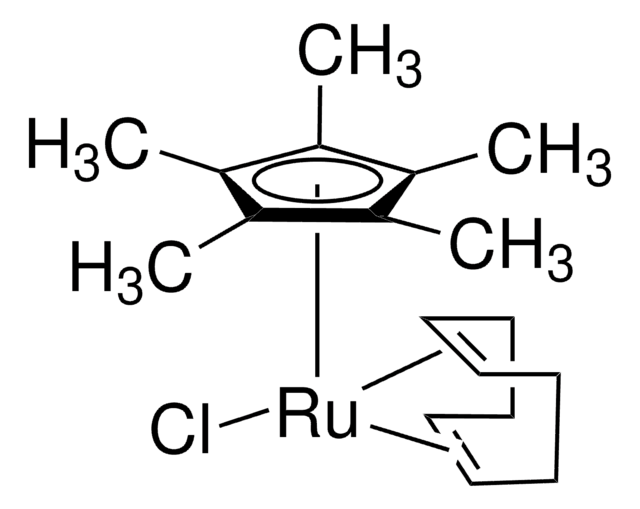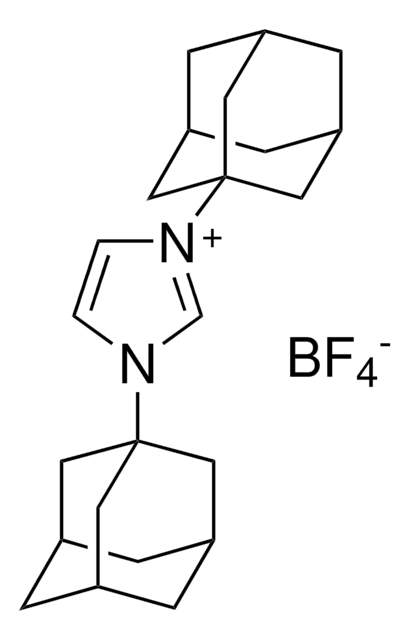904848
2-Chloro-1,3-bis(2,6-diisopropylphenyl)imidazolium chloride
≥95%
Synonym(s):
1,3-Bis(2,6-di-i-propylphenyl)-2-chloroimidazolium chloride, Chloroimidazolium chloride
About This Item
Recommended Products
Assay
≥95%
form
powder
InChI
1S/C27H36ClN2.ClH/c1-17(2)21-11-9-12-22(18(3)4)25(21)29-15-16-30(27(29)28)26-23(19(5)6)13-10-14-24(26)20(7)8;/h9-20H,1-8H3;1H/q+1;/p-1
InChI key
JDMACANGISWEGX-UHFFFAOYSA-M
Related Categories
Application
Automate your fluorination reactions with Synple Automated Synthesis Platform (SYNPLE-SC002)
related product
Storage Class Code
11 - Combustible Solids
WGK
WGK 3
Flash Point(F)
Not applicable
Flash Point(C)
Not applicable
Certificates of Analysis (COA)
Search for Certificates of Analysis (COA) by entering the products Lot/Batch Number. Lot and Batch Numbers can be found on a product’s label following the words ‘Lot’ or ‘Batch’.
Already Own This Product?
Find documentation for the products that you have recently purchased in the Document Library.
Customers Also Viewed
Related Content
The Ritter lab currently focuses on fluorination chemistry for late-stage functionalization of complex natural and unnatural products. PhenoFluor™ has been developed as a general reagent for the selective, predictable, direct deoxyfluorination of complex alcohols and phenols.
Our team of scientists has experience in all areas of research including Life Science, Material Science, Chemical Synthesis, Chromatography, Analytical and many others.
Contact Technical Service









